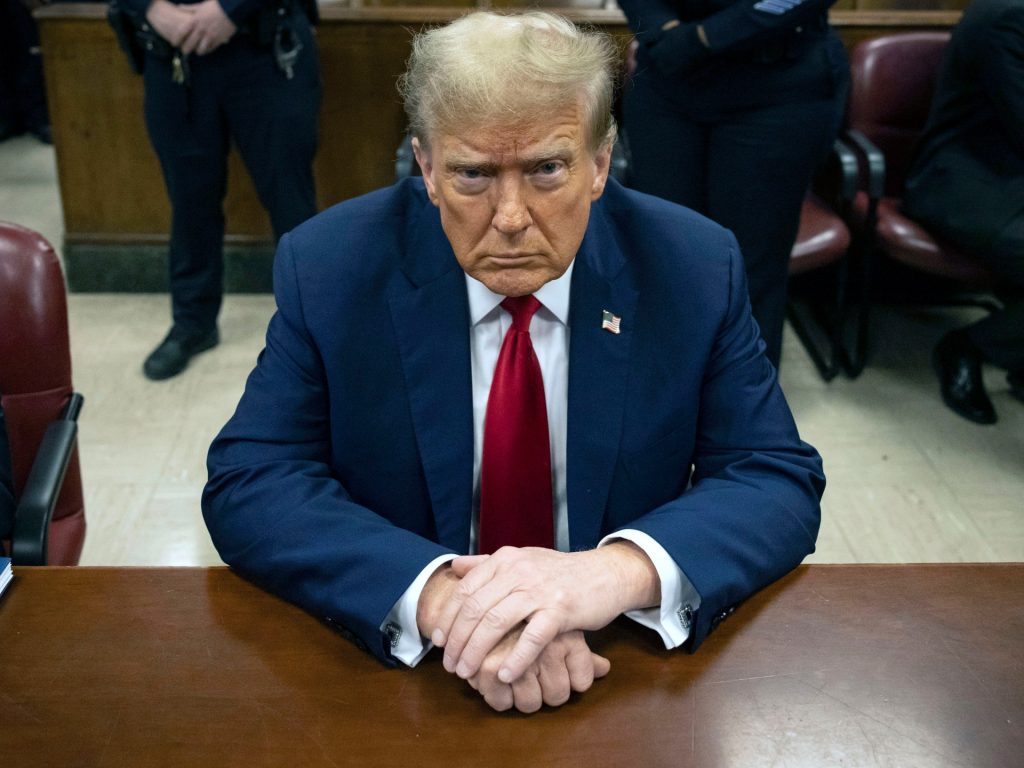The president-elect is scheduled to be sentenced in a criminal trial in New York ten days before the start of his second term.
US President-elect Donald Trump has asked the Supreme Court to stay proceedings in his New York criminal case over hush money payments to an adult film star.
The court filing released Wednesday comes just two days before Trump is scheduled to be sentenced in the case.
Trump was convicted last May of 34 counts of falsifying business records, which prosecutors said Trump did in the run-up to the 2016 presidential election to cover up an affair that could have been politically damaging.
Last week, Judge Juan Merchan ordered the sentencing to take place on Friday, just 10 days before Trump’s inauguration.
In the Supreme Court filing, Trump’s lawyers called for an immediate stay of the ruling “to prevent grave injustice and harm to the institution of the presidency and the operations of the federal government.”
Such a stay would give Trump’s ongoing appeal in the case time to move forward. The Supreme Court ordered prosecutors to respond to the request by Thursday.
Trump’s lawyers have argued that last year’s Supreme Court ruling granting presidents broad immunity from prosecution means some evidence in the case should not have been presented.
They have pushed for the conviction to be overturned.
The appeal to the Supreme Court – the US highest court dominated by a 6-3 conservative supermajority, including three Trump appointees – comes after two lower courts rejected Trump’s request for a stay.
Historical belief
The New York case made Trump the first former president in U.S. history to face charges. He is expected to take office again as the first president who is also a convicted felon.
Trump was also criminally charged in three other cases: one federal case involving efforts to overturn the 2020 election; a federal case involving the hiding and hoarding of classified White House documents; and a case in Georgia involved efforts to overturn the 2020 election results there.
However, Trump’s victory was likely the death knell for the two federal cases, as the Justice Department’s longstanding policy prevented the prosecution of sitting presidents.
After Trump’s victory, US special prosecutor Jack Smith asked for both cases to be dismissed.
The future of the case in Georgia is also uncertain, as a state appeals court recently removed the top prosecutor. Although the state case is not subject to the same restrictions as the federal case, it is considered unlikely to move forward during Trump’s term.
Trump’s 2024 election victory also raised thorny questions about how it would affect his sentencing in New York.
However, Judge Merchan has indicated in court filings that he will sentence Trump to “unconditional discharge,” meaning his conviction will stand but he will not face prison time, a fine, or probation.


